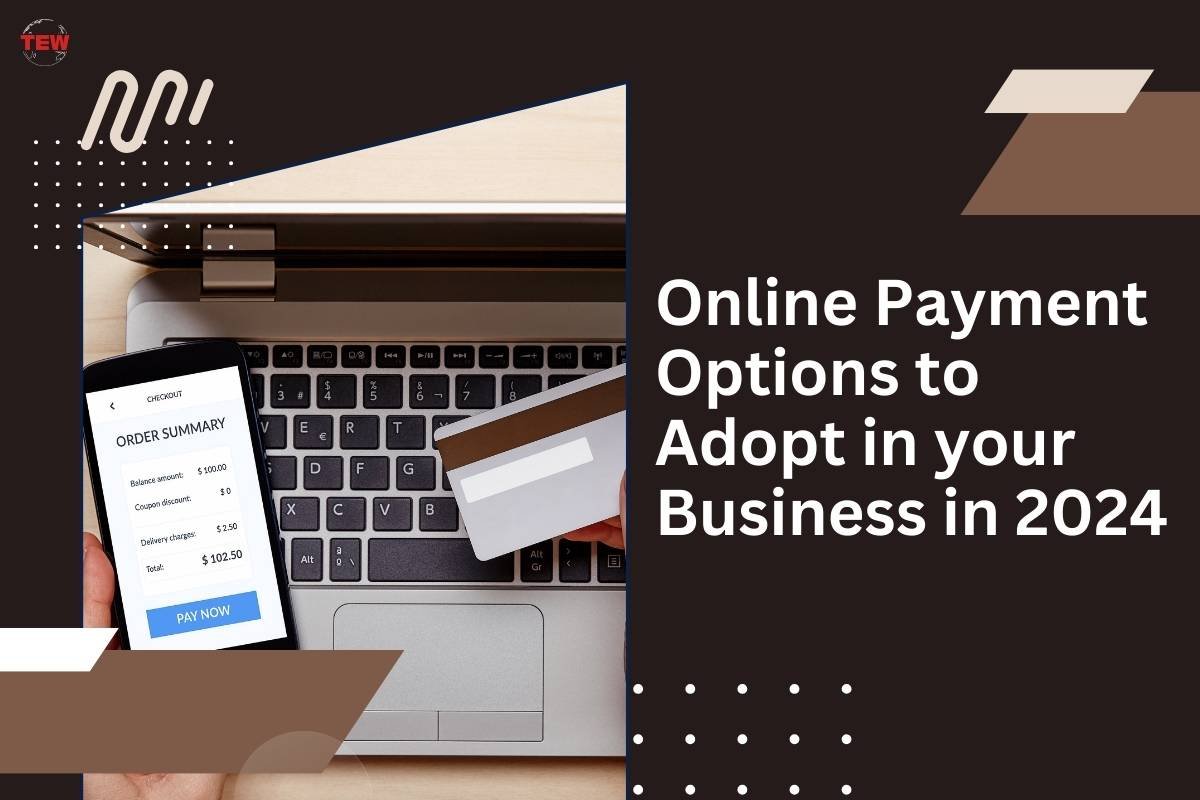Online payment options for businesses have transformed global trade, replacing conventional cash-based methods with digital ones. This transition started with the emergence of e-commerce and the web, which required the development of more streamlined, reliable and user-friendly payment systems.
These systems currently include a range of technologies that enable the electronic exchange of money between customers and companies, thereby improving the efficiency and convenience of transactions across different sectors.
Check out some of the top four online payment options for businesses in 2024:
1. Cryptocurrency
Cryptocurrency functions independently from traditional financial systems, enabling any enterprise with a web connection to take advantage of it. These currencies are renowned for their rapid processing times and reduced costs compared to other online payment options since they bypass the involvement of banks.
An essential benefit of using cryptocurrencies is their capacity to conduct transactions anonymously. This way, users do not exchange financial or personal information when transacting, improving the company’s and client’s security and privacy. The nature of these payments has made them a regular option at online casinos in certain regions such as Ireland and Canada. There are reliable Bitcoin casino Canada sites that allow players to deposit and withdraw using their preferred cryptocurrency. They also offer regular loyalty rewards and payout winnings in crypto.
2. Mobile Wallets
One popular online payment method companies should consider accepting is mobile wallets. These applications allow users to conduct safe and practical payments without needing real cards or cash by storing payment details on a mobile device.

Notable mobile wallet options include Google Pay and Apple Pay. These wallets provide features like heightened security through biometrics and encryption and the ease of fast, contactless payments. Organizations may enhance consumer satisfaction and boost revenue by incorporating mobile wallets into their payment systems.
3. P2P (Peer to Peer) Payment
P2P (Peer-to-peer) payment is a direct transfer of payments between two persons or organizations via the Internet without a third-party intermediary. This online payment options for businesses is renowned for its straightforwardness, rapidity, and reduced transaction fees. Zelle and Venmo are two examples of peer-to-peer payment systems.
These services facilitate the transfer of funds between customers using just a contact number or email address, ensuring fast and effortless transactions. Businesses may improve customer experience by using peer-to-peer payment mechanisms, which provide a simple and adaptable option for customers to initiate transactions. P2P payment systems are gaining popularity due to their user-friendly nature and the rising preference for online transactions over conventional payment methods.
4. Biometric Payments
Biometric payments use distinct physiological features to authenticate transactions. Some examples of biometric authentication methods include face recognition, speech recognition, eye or vision recognition, fingerprint scanning and signature identification.

These techniques provide a safe and easy means of making payments, removing the need for PINs or passwords. Businesses using biometric payments, such as Mastercard, Amazon, and Visa, can complete transactions swiftly and safely.
Final Words
Embracing these modern online payment options for businesses is necessary as they provide heightened security and speed and enhance client trust and satisfaction. These systems can also maintain competitiveness, fulfill client demands and ensure a smooth transactional experience.


















